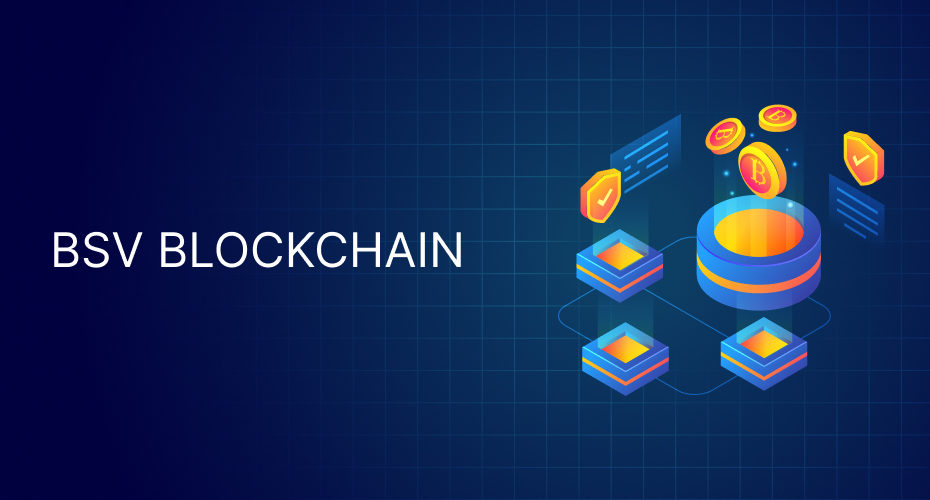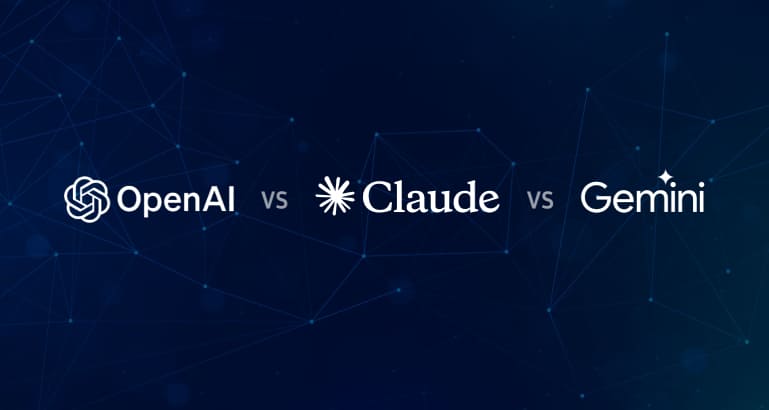BSV BLOCKCHAIN
The Birth of Bitcoin SV
Bitcoin originated in 2009, in the aftermath of the global financial crisis and the distrust of the traditional banking system. It was developed by a pseudonymous individual or group called Satoshi Nakamoto. Unlike its traditional counterpart, digital money was touted as a method to transact without third-party involvement. At the time of its origin, the Bitcoin blockchain was the only network on which digital transactions could take place. Eventually, alternative cryptocurrencies and networks were developed to build upon the limitations of the Bitcoin blockchain, including transaction speed, scalability issues, and use cases. To improve the Bitcoin protocol itself, it branched out into Bitcoin Cash (BCH) in 2017. Bitcoin Satoshi Version (BSV) followed in 2018 to increase the scalability of the original Bitcoin network in a significant way.
BSV: Explained
The potential of Bitcoin is unleashed by BSV, which emphasizes the fact that it is more than just a digital currency. Just like the Internet protocol, bitcoin is also a network protocol that sets the foundation of rules for the functioning of a complete network. The network’s distributed ledger is powered by the network, where the distributed ledger acts as a timestamp server to record data efficiently and immutably. The data is recorded in the distributed ledger without any barriers to location or needing direct permission. The technical capabilities of the original Bitcoin protocol have been restored by BSV which has upgraded the scalability of the network. Due to improvements in the scalability of the network, it was able to support enterprise-grade data and micropayment applications.
Technical capabilities of BSV
As mentioned above, BSV restored the technical capabilities of the original Bitcoin protocol. Due to this, it serves to be perfect for smart contracts, tokens, NFTs, IoT device management, data integrity, on-chain auditability, computation, and much more. All of these with better data capacity and lower fees.
Technical features of BSV
- It supports micro and nano payments
- Instant transactions
- P2P transactions
- It offers NFT support
- Token support
- On-chain data storage
- On-chain auditability
- Data integrity & Notarization
- Management of IoT device
- Computation
BSV use cases
BSV combines micropayments with scalability, thus making it a highly functional network for most industries. Some industries that use the Bitcoin SV network are:
- Healthcare and life sciences
- Supply chain & logistics
- Fintech
- Entertainment and media
- Metaverse, AR, VR
- ESG compliance
- Cyber security
- iGaming
- Payments
- eSports
- Internet of Things
The network has also been used by governments for the benefit of citizens. Some government-led public use cases are:
- VXPASS - a BSV-based tracker of COVID-19 vaccinations in Lesotho
- National Digital Ledger in the Pacific island nation of Tuvalu, which stores the data and identities of citizens on a public chain
- A blockchain-based academic accreditation and certification platform, developed with the University of Sharjah
- Blockchain for Government (BGI) Initiative to partner with governments, public sector agencies, and social organizations for educational initiatives
BSV in payments
A primary purpose of blockchain is to facilitate peer-to-peer transactions and settle payments quickly, securely, and in a cost-effective manner. Due to the scalability issues that most blockchain networks have faced, the ability of blockchain was limited. However, BSV has enhanced its use case as a payments rail since it can handle a high volume of transactions with low transaction fees.
Money Button is one of many interfaces that are designed to harness the use of BSV to make payments quickly and easily. Users only need to create an account with the interface which will open a BSV wallet and a PayMail address, similar to an email address that will enable them to make peer-to-peer transactions. Such platforms also facilitate interactions between businesses and their customers, for instance allowing businesses to create subscription models for their customers or creating utility tokens for payments. As more and more businesses and users transact on the BSV network, the future of blockchain payments looks bleak.
BSV in iGaming
One of the key use cases of BSV today is the iGaming industry. Micropayments are crucial in the iGaming industry, and the BSV network functions as a payment rail that can handle a massive scale of transactions in a cost-effective framework. Most of the transactions that occur on the BSV blockchain today come from the iGaming industry - specifically, CryptoFights by FYX Gaming. Through the game, millions of microtransactions occur daily, and the company only expects this number to grow. Many gaming companies, such as Pakistan-based Game Storm Studios, have also begun transitioning from Ethereum and other networks to the Bitcoin SV network for the opportunities it offers in the scale of transactions it handles.
Conclusion
BSV is considered to be one of the best-distributed ledgers for enterprises with its low fees, greater scalability, excellent data capacity, and micropayments. Multiple industries are leveraging BSV to build applications. If you are intrested in developing a blockchain project on BSV, Nu10’s team of blockchain specialists can be the best technology partner to start with. Nu10 Technologies has recently signed an MoU with Timechain Labs Pvt Ltd, Mumbai in order to collaborate and execute joint projects. Timechain Labs brings in BSV expertise and architecture design experience. Together we aim to provide end-to-end blockchain solutions for enterprises in India and abroad.
About Author
Dr. Phaneender Aedla
Dr. Phaneender Aedla has over 24 years of experience in handling and managing petabyte-scale data systems. He blends deep technical acumen with strategic vision, and aims to drive intelligent, sustainable innovation through co-creative partnerships that unlock true business value.









